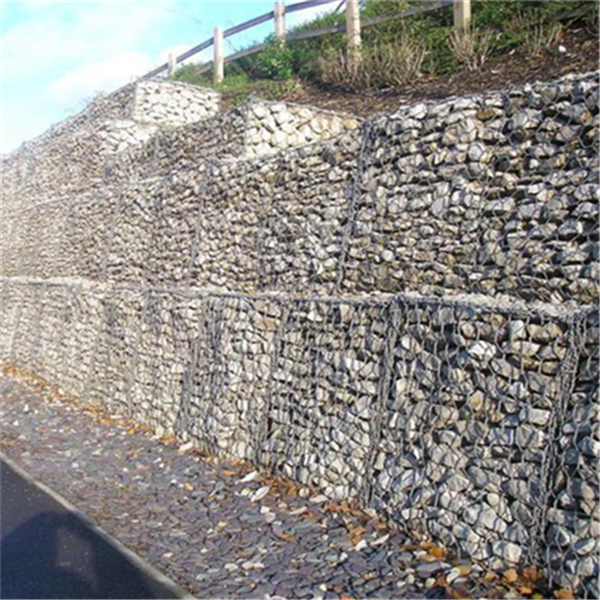сеп . 16, 2024 15:04 Back to list
Quality Gabion Wall Suppliers - Durable Wire Solutions for Retaining Structures
Wire for Gabion Wall Suppliers A Comprehensive Overview
Gabion walls are increasingly popular in landscaping, erosion control, and civil engineering projects due to their cost-effectiveness and environmental benefits. At the core of these structures is the wire used to create the cages that hold stones and other aggregate materials. This article delves into the types of wire used for gabion walls, quality considerations, and what to look for in reliable suppliers.
Types of Wire Used in Gabion Walls
Gabion walls are typically constructed using welded wire mesh or woven wire mesh. Welded wire mesh is produced by welding the intersections of the wire at each point, creating a robust and durable structure. This type of wire is highly resistant to deformation, making it a popular choice for applications requiring stability and strength. Woven wire mesh, on the other hand, consists of wires that are woven together, providing flexibility and adaptability in various settings. While it may not be as strong as welded mesh, it is often more economical and can be suitable for lower-stress applications.
Quality Considerations
When selecting wire for gabion walls, quality is paramount. The wire should be made from high-grade materials, often galvanized to prevent rust and corrosion. Galvanization involves coating the wire with zinc, increasing its lifespan in harsh environmental conditions. For those building gabion walls in coastal or high-moisture areas, high-grade zinc or even polymer-coated wire may be recommended to ensure durability.
Moreover, suppliers should provide test certificates demonstrating the wire’s tensile strength, elongation, and corrosion resistance. This information is crucial in ensuring that the wire meets the required standards for structural integrity and longevity.
wire for gabion wall suppliers

What to Look for in Suppliers
When seeking reliable gabion wall wire suppliers, several factors should be taken into account. First, evaluate the supplier's reputation in the industry. Look for customer testimonials, online reviews, and case studies showcasing previous projects. A supplier with a proven track record is more likely to provide quality products and services.
Next, consider the range of products offered. A versatile supplier should have various wire options, including different wire gauges and mesh configurations to meet diverse project needs. Additionally, inquire about their manufacturing processes and quality assurance practices.
Finally, price is a significant consideration, but it should not be the sole determining factor. It’s essential to balance cost with quality, as opting for the cheapest option can lead to higher expenses down the line due to repairs or replacements.
Conclusion
In conclusion, selecting the right wire for gabion walls is critical to the success of any associated project. High-quality wire ensures durability and stability, while choosing a reputable supplier can make all the difference. By understanding the types of wire available, factors influencing quality, and key attributes of suppliers, project managers and contractors can make informed decisions that enhance the effectiveness and aesthetic appeal of gabion walls in their projects.
-
Why PVC Coated Gabion Mattress Is the Best Solution for Long-Term Erosion Control
NewsMay.23,2025
-
Gabion Wire Mesh: The Reinforced Solution for Modern Construction and Landscape Design
NewsMay.23,2025
-
Gabion Wall: The Flexible, Seismic-Resistant Solution for Modern Landscaping and Construction
NewsMay.23,2025
-
Gabion Wall Solutions: The Durable, Decorative, and Affordable Choice for Every Landscape
NewsMay.23,2025
-
Gabion Basket: The Durable and Flexible Alternative to Traditional Retaining Walls
NewsMay.23,2025
-
Gabion Basket: The Proven Solution for Slope Stability and Flood Control
NewsMay.23,2025
-
Versatility of Chain Link Fence Gabion
NewsMay.13,2025






